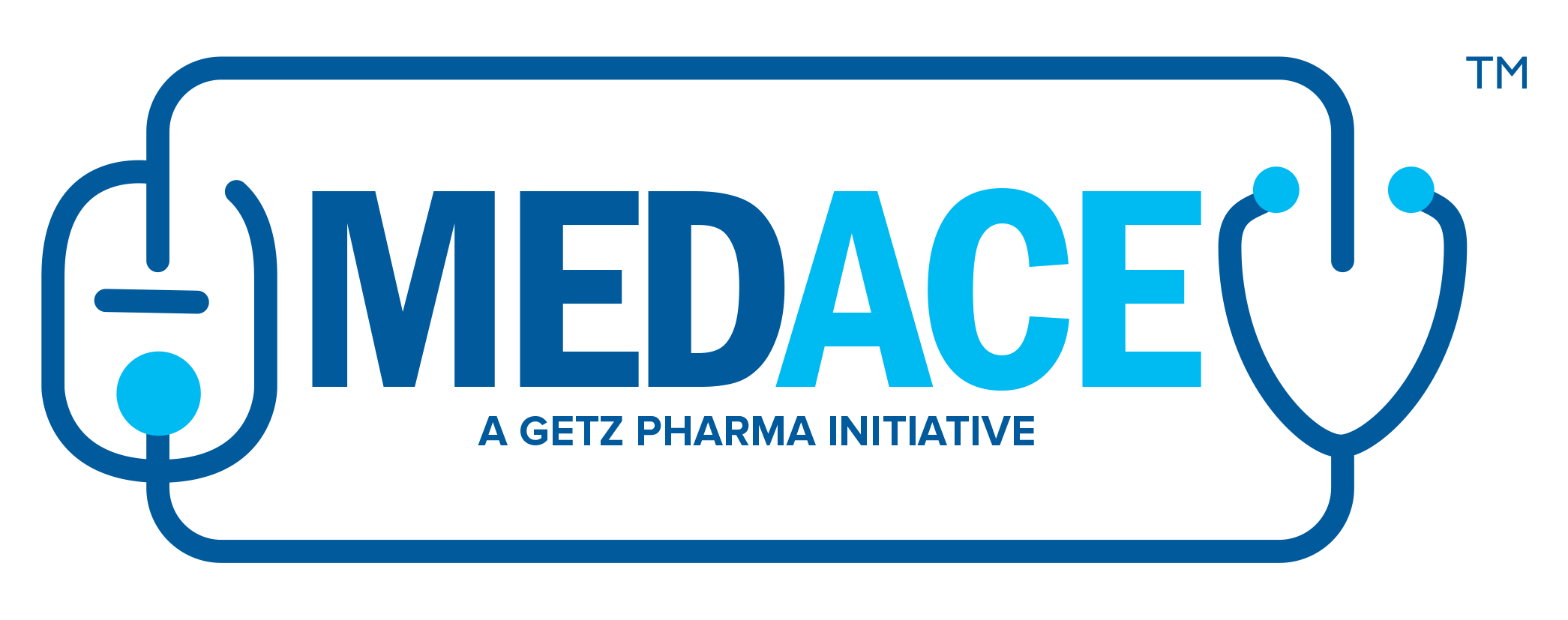What you’ll learn
- Defining and differentiating GERD from acid reflux and episodic heartburn.
- Understanding various challenges in the management of GERD.
- Identifying steps and essentials involved in optimized patient care for GERD.
- Selection of diagnostic modalities and medical therapy.
- Differentiating refractory GERD and how to manage patients.
- Identification of the extra-esophageal manifestations of GERD.
Course description
Gastroesophageal reflux disease (GERD) is a common upper esophageal condition and typical symptoms can include heartburn and sensation of regurgitation. However, at times it’s a challenge to diagnose GERD, as a patient may present with atypical symptoms. Which include chronic cough, asthma, hoarseness, dyspepsia, and nausea, or in other words the extraesophageal symptoms. This course will provide knowledge that will enable proper diagnosis and cover all the aspects that are involved in the management including lifestyle modifications and/or medication therapy. It will also enable physicians to rationalize the selection of diagnostic tests such as endoscopy, esophageal manometry, ambulatory pH monitoring, and impedance-pH monitoring in the management of patients with GERD.
This Course comprises three different lessons, after each, you will be directed towards a quiz containing 05 questions. Correct answers to a minimum of 03 questions are required to be legible for the certificate. After successful completion of course content, you will be awarded a certificate with 1 CME credit hour.



